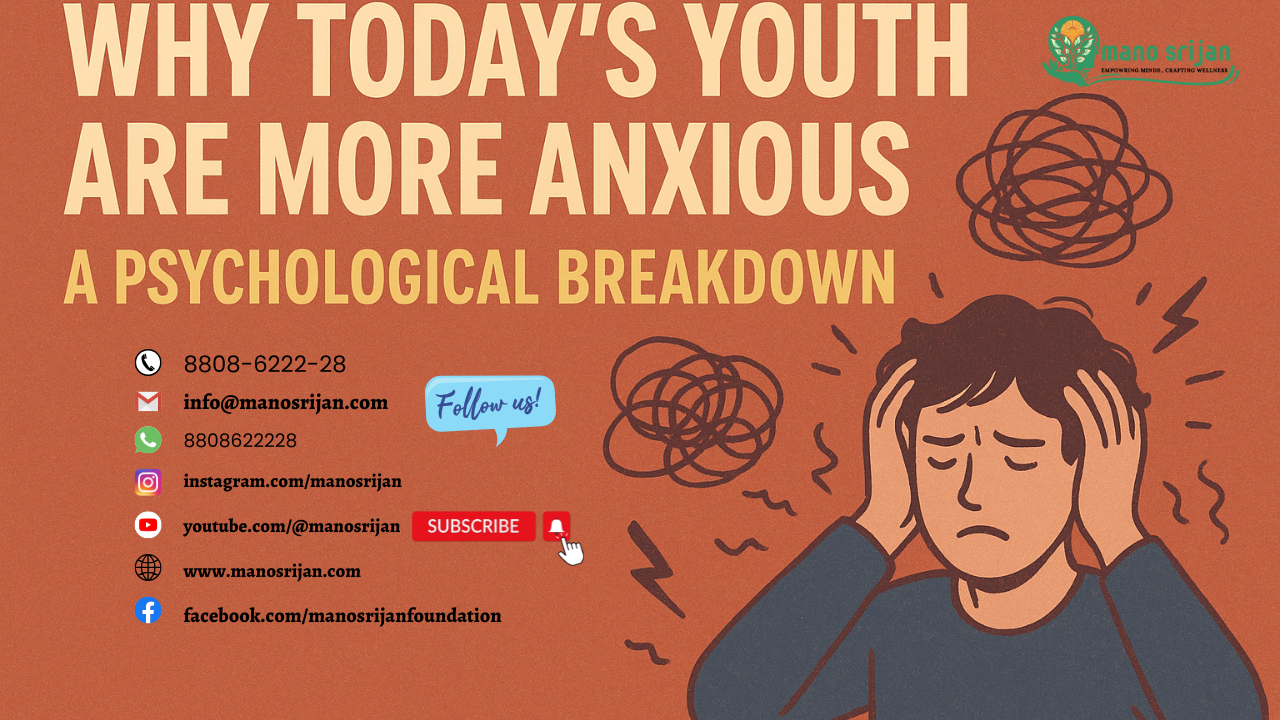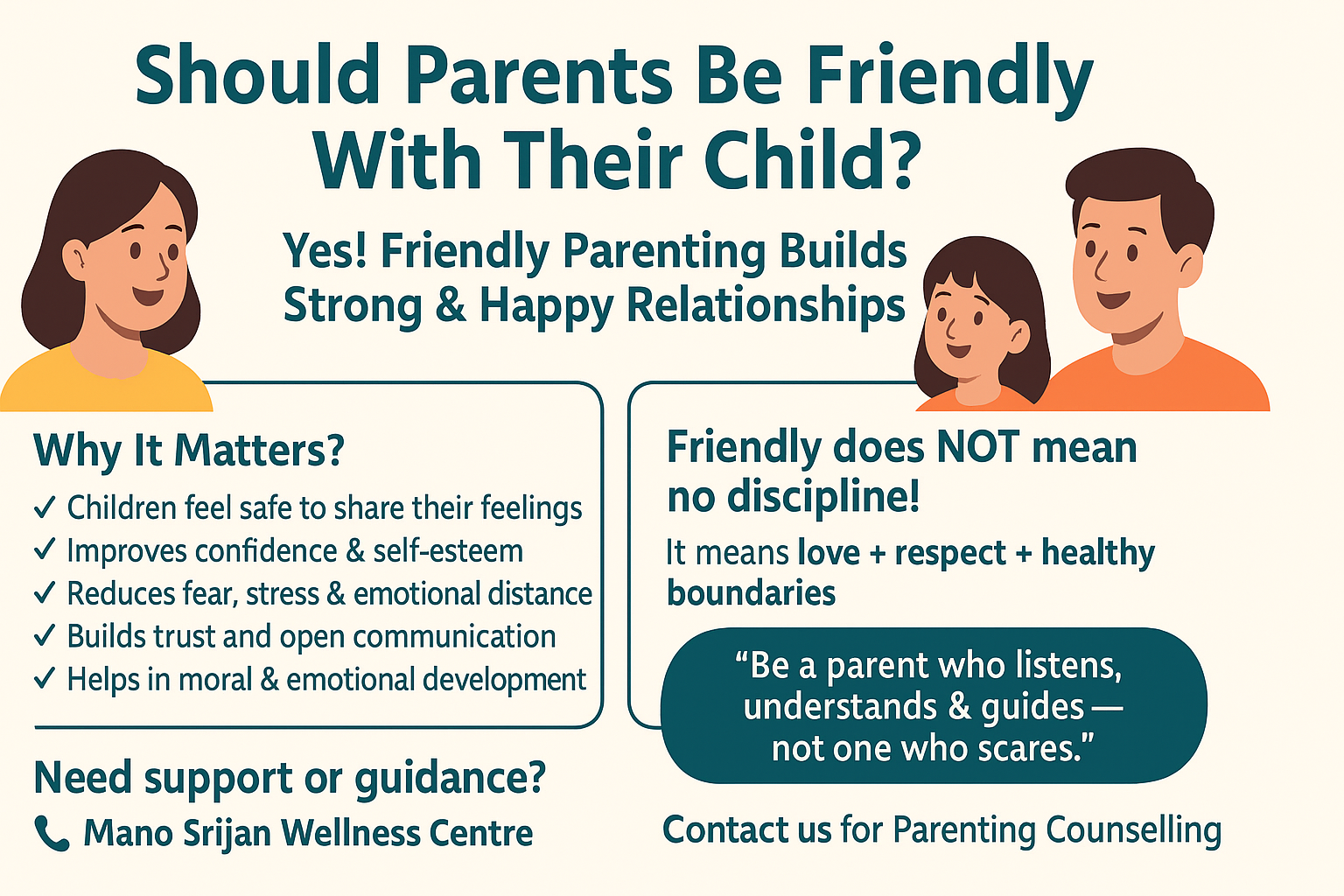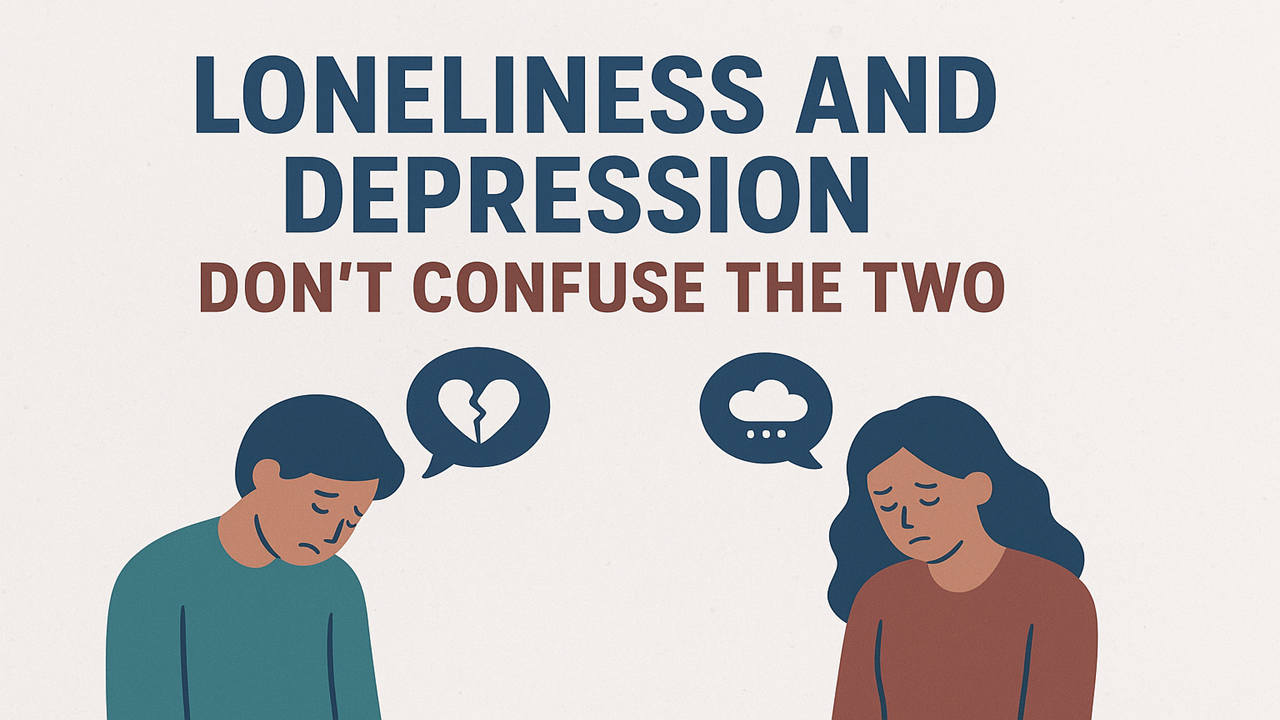
- 07 Nov 2024
- Psy. Ashish Pandey
Understanding Negative Self-Talk and How to Overcome It
Negative self-talk is a habit that many of us fall into, often without even realizing it. It’s that inner voice that questions, criticizes, and second-guesses us. This inner critic can be loud and persistent, feeding our insecurities and magnifying our fears. While a bit of self-criticism can be useful in motivating us to improve, chronic negative self-talk can harm our mental health, erode self-esteem, and limit our potential. Let’s explore realistic examples and practical strategies to understand and manage negative self-talk effectively.
What is Negative Self-Talk?
Negative self-talk is the tendency to
interpret our experiences, actions, and personal worth in a self-defeating way.
It often shows up as:
Filtering –
Magnifying the negative aspects of a situation while dismissing any positive
ones.
Example: You
give a successful presentation at work, but at the end, you notice one minor
stumble over words. Instead of focusing on the positive feedback and the points
you delivered well, you dwell on that small slip-up, telling yourself, “I
messed it up. I looked so unprepared.”
Personalizing – Blaming oneself for events beyond one’s control.
Example:
Your friend seems quiet and distracted when you’re together, and you
immediately think, “They must be upset with me.” In reality, they might be
dealing with their own challenges, but you automatically assume it’s your
fault.
Catastrophizing – Expecting the worst to happen, often without any rational basis.
Example: You
make a small mistake at work, and your mind jumps to, “This is terrible. I’ll
probably get fired over this.” The reality might be that the mistake is minor,
but you imagine the worst possible outcome.
Black-and-White Thinking – Seeing things as all good or all bad, with no middle ground.
Example:
You’re learning a new skill and struggle with it initially. Instead of
acknowledging the learning curve, you think, “I’m terrible at this and always
will be,” rather than realizing that improvement comes with practice.
The Impact of Negative Self-Talk on Mental
Health
Negative self-talk can be emotionally
exhausting and contribute to:
Low Self-Esteem
Example:
Constant thoughts like “I’m not good enough” can erode your confidence and make
you feel inadequate in different aspects of life.
Anxiety and Depression
Example: The
persistent belief that “Nothing I do is ever right” can lead to feelings of
hopelessness and fear of trying new things, feeding anxiety and depressive
thoughts.
Limited Growth
Example:
When you tell yourself, “I could never learn that,” you avoid even trying new
opportunities or projects, limiting personal growth and potential achievements.
Strained Relationships
Example: A
person constantly thinking, “No one really cares about me,” might withdraw from
friends or family, creating distance and isolation that can strain
relationships.
How to Recognize Negative Self-Talk
Recognizing negative self-talk is the first
step in overcoming it. Pay attention to situations where you feel stressed or
uncertain. Notice if certain phrases or patterns repeat, like “always,”
“never,” “should,” and “can’t.” Becoming aware of these patterns can help you
catch negative thoughts before they take over.
Strategies to Overcome Negative Self-Talk with Real-Life Applications
Managing negative self-talk requires
consistent practice and a shift in mindset. Here are some realistic strategies
to help you cultivate a more positive inner dialogue:
Challenge Negative Thoughts
When you catch yourself engaging in
negative self-talk, pause and question the validity of your thoughts.
Example: You
think, “I’ll never be good at this job.” Challenge it by asking, “Is this
really true? Have I not succeeded in any part of my job?” Reflect on positive
feedback or accomplishments to see the bigger picture.
Practice Self-Compassion
Treat yourself with kindness and
understanding, especially in moments of failure or difficulty.
Example:
After making a mistake, instead of “I’m so stupid for doing that,” try a more
compassionate response: “I made a mistake, but it’s a learning opportunity.
Everyone makes mistakes sometimes.”
Reframe Your Thoughts
Reframing involves seeing situations in a
more balanced light.
Example: You
think, “I’m terrible at managing time.” Reframe it as, “I’m still learning time
management, and there are areas I can improve with practice.” This keeps the
focus on growth rather than self-criticism.
Use Positive Affirmations
Replace negative thoughts with positive
affirmations. These are statements that reinforce your strengths and abilities.
Example:
Instead of “I’m never going to get this right,” try affirmations like “I am
capable of learning and improving. I’ll get better with practice.” Repeat these
consistently to build a more supportive inner voice.
Surround Yourself with Positivity
The people we spend time with can influence our self-perception.
Example:
Spend time with supportive friends who encourage you. Limit interactions with
those who make you feel inadequate or insecure. Engage in activities that make
you feel accomplished and happy.
Set Small, Achievable Goals
Setting small, achievable goals gives you a
sense of accomplishment and reinforces positive self-image.
Example: If you’re struggling
with fitness, start by setting a goal to exercise for 15 minutes a day instead
of an hour. When you meet this goal, acknowledge your progress. Small victories
build confidence.
Seek Professional Help
If negative self-talk is overwhelming,
consider seeking help from a mental health professional. Cognitive Behavioral
Therapy (CBT), in particular, can be effective in helping people identify and
change negative thought patterns.
Example: A
CBT therapist might help you identify your negative thought triggers and teach
you strategies for replacing them with healthier thoughts.
Conclusion
Negative self-talk can limit our potential,
harm our mental health, and prevent us from leading fulfilling lives. The good
news is that we can break free from this cycle by recognizing and actively
challenging our inner critic. Practicing self-compassion, reframing thoughts,
using affirmations, and setting achievable goals are powerful tools in this
process. Overcoming negative self-talk is a journey, but with practice,
patience, and support, it’s possible to transform your inner dialogue and
develop a more positive and resilient sense of self.






